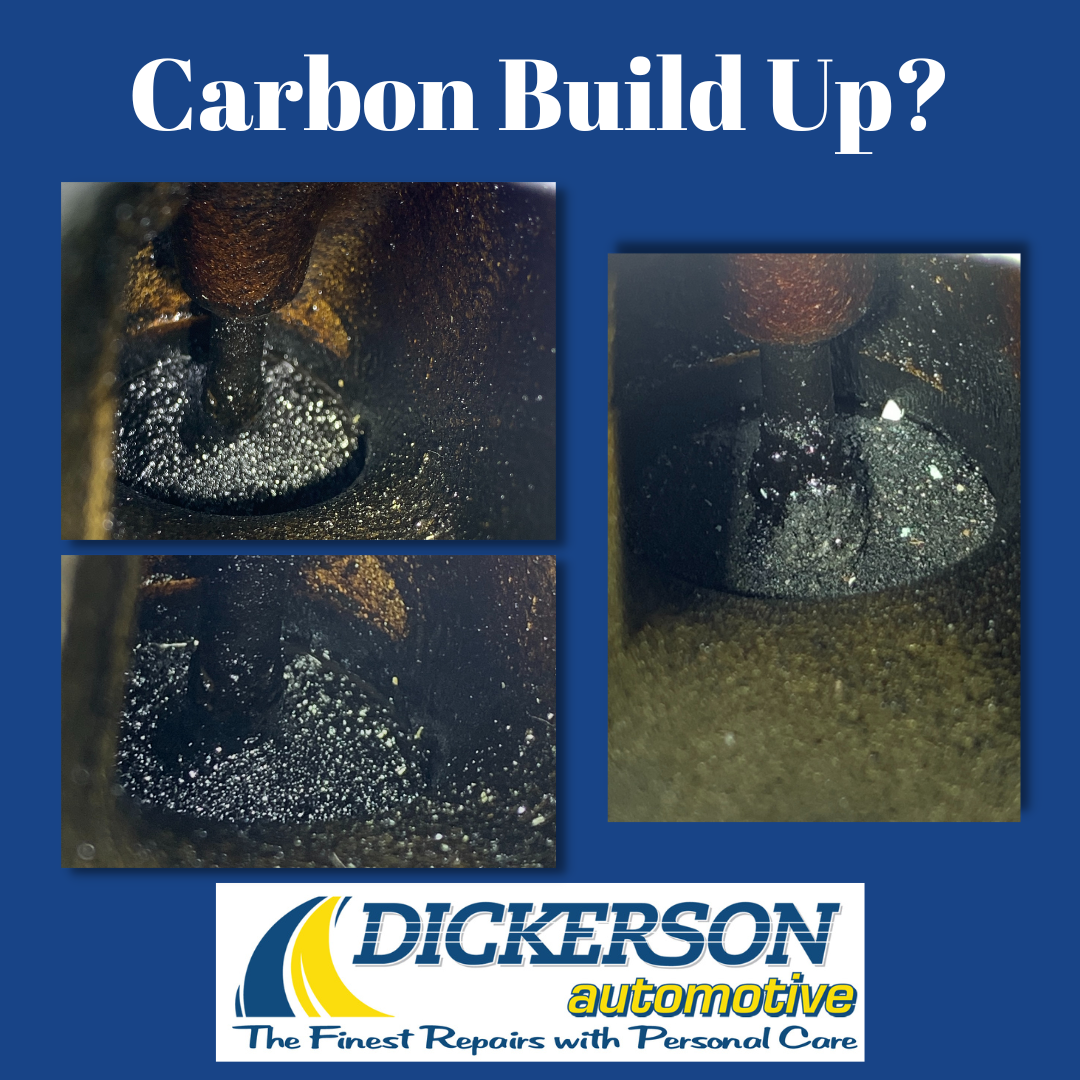Posted on 2/15/2023

My car has a clattering or ticking noise? There are multiple things that can cause a rattle or ticking noise to happen on your vehicle. Today we’re going to talk about a rattling noise that has become very common on Dodge 5.7L Hemi engines. This truck came into the shop and had a complaint of an intermittent rattle or ticking noise. The noise wasn’t super loud and wasn’t rattling consistently however every two minutes it would have a slight clattering sound when idling. A stethoscope was used to pinpoint the location of the noise and found the noise was most prominent at the valve cover. Inspection Process: Now that we have narrowed down where the noise is coming from, a more intrusive inspection is needed. We know the clattering noise is coming from underneath the valve cover and at this point the valve cover needs to be removed for a visual inspection of the camshaft, push rods, & roller bearings. Once the valve cover was rem ... read more
Posted on 2/15/2023
.jpg)
How often should I replace my Fuel Filter? Fuel filters are an extremely critical part of keeping an engine running clean and efficiently. Fuel filters are made from either pleated paper, or a non-woven fiber element. The purpose of these filters is to filter the fuel that is coming from the fuel tank before it is delivered to the combustion chamber. When fuel is purchased from the fuel station it is ready to use, however there is still some very small particles and contaminants that need to be filtered out. As the fuel runs across the paper elements of the fuel filter the small contaminants are caught and contained inside the fuel filter. Overtime the filter will lose its ability to properly filter the fuel due to the excessive number of contaminants already caught. This is why regular fuel filter replacement is so important. What happens if I don’t replace my fuel filter? Once the filter has become excessively contaminated the flow of fuel i ... read more
Posted on 2/2/2023

What is carbon build up? In order to understand where carbon comes from a quick explanation of how an internal combustion engine functions is helpful. Vehicles use air, fuel, and spark to create the boom effect inside the engine. Air is sucked into the air intake manifold by the engine and inside this intake manifold contains fuel injectors that spray fuel into the manifold, the fuel then mixes with the air and is delivered to the combustion chamber through the intake valve, this process is called port injection. Carbon is a by-product of the internal combustion engine and is ultimately unavoidable. Carbon build up happens when fuel in the combustion chamber is not fully burned and leaves a dark sticky residue on the surface it comes into contact with. On older vehicles the carbon build up was not as prominent as it is in newer models. This is because the fuel is delivered within the air intake system, as the fuel runs down the intake valve and is delivered into the ... read more
Posted on 1/27/2023
.jpeg)
The coolant temperature warning light, often represented by a thermometer or temperature gauge symbol, is an important indicator on your dashboard. It is designed to alert you when the engine's coolant temperature is too high and could potentially cause damage to your engine. The coolant, also known as antifreeze, is responsible for regulating the temperature of your engine. It flows through the engine's cooling system, absorbing heat and transferring it to the air outside of the car. If the coolant becomes too hot, your engine is at a high risk of overheating, which can lead to extensive engine damage. When the coolant temperature warning light comes on your vehicle's dashboard, it's important to take immediate action. Here are a few things you should proceed to do: Pull over and turn the engine off as soon as it is safe to do so. Check the coolant volume in the radiator and the tank. If the level is low, you may need to add more coolant. Check for any visible signs ... read more
Posted on 1/18/2023
![Diesel & Gas Emissions Testing & Registration Renewal in Utah [2023]](https://www.dickersonauto.com/Files/Images/blog/emission-testing-thumb.jpg)
Diesel & Gas Emission Testing & Registration Renewal in Utah [2023] This article has been updated to reflect accurate information. Back when this article was originally posted diesel emissions testing was not required, in this new article you will find information for diesel emissions testing. It rolls around every year, just like a wedding anniversary. And just like a wedding anniversary, you can count on getting in trouble if you forget it. We’re talking about emission testing & registration renewal for your vehicle(s). At any given moment, there’s a heap of responsibilities on your plate, and like your son’s birthday or your daughter’s big game, let alone the day you said “I do” to the love of your life, jumping through hoops to get fresh tags on all your vehicles is an important event that just might slip your mind or get lost in the shuffle. We’re here to take some of the pressure off you as ... read more